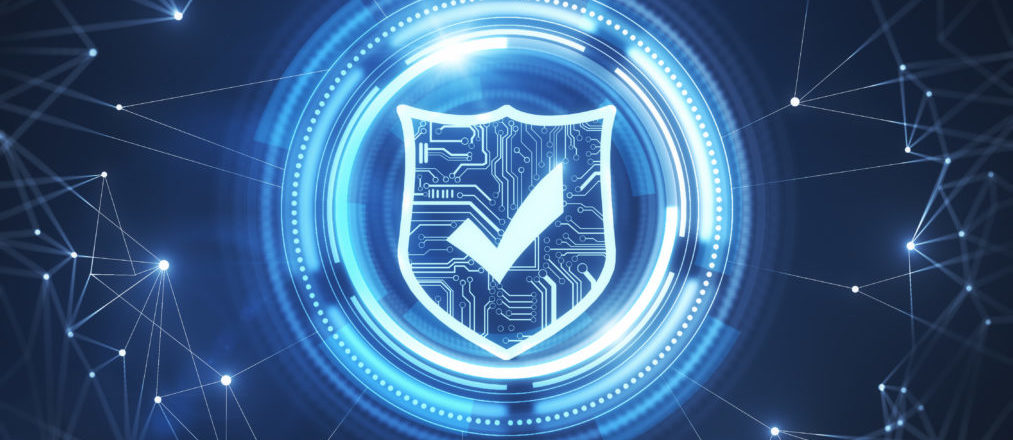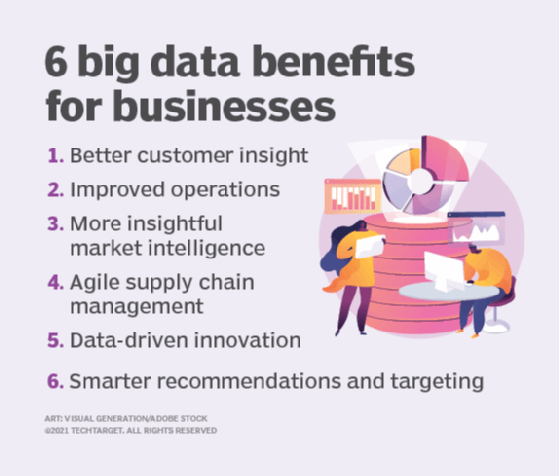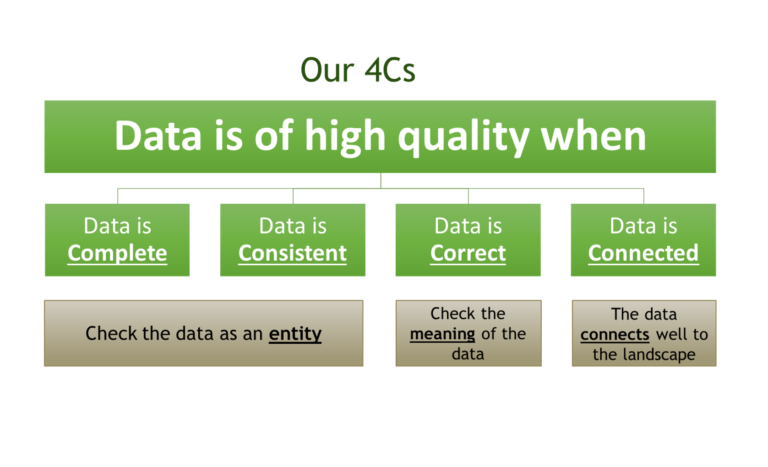What Are The Don’ts Of Information Security?
In today’s digital world, information security is a critical component of any organization’s security strategy. Despite the many benefits of using technology to store and process data, there are also risks associated with the misuse and abuse of information. To reduce the chances of a security breach, it is important to be aware of the “don’ts” of information security. This includes not sharing passwords, not storing sensitive data in public or shared networks, not clicking on suspicious emails and links, not using weak passwords, not disclosing confidential information, and not granting access to unauthorized personnel. By following these simple guidelines, organizations can protect their data and minimize the risk of a security breach.
Don’t Underestimate The Power Of Passwords
Passwords are an essential part of our digital lives. From social media accounts to online banking, passwords are needed to protect our personal information from hackers and other malicious actors. Despite their importance, many of us take passwords for granted, underestimating the power they hold. Poorly chosen and reused passwords are one of the main ways hackers are able to break into accounts. By creating strong, unique passwords for each of your accounts, you can significantly reduce the chances of someone accessing your sensitive information. Additionally, using a password manager to store and generate secure passwords makes the process of managing multiple passwords much easier. Don’t underestimate the power of passwords – take the time to create strong, unique passwords and use a password manager to protect your data.
Don’t Neglect Regular Data Backups
Data backups are an essential part of any successful business. They can help you protect your data in the event of a disaster or data loss. Not having regular backups can be catastrophic, resulting in lost revenue, headaches, and potentially even legal action. That’s why it’s important to make sure you’re actively backing up your data on a regular basis. Automating the process is the best way to ensure nothing gets missed. That way, you can rest easy knowing your data is safe and secure. Don’t neglect regular data backups – they could be the difference between a successful business and a total disaster.
Don’t Ignore Security Alerts
Security alerts exist for a reason – to alert us of potential risks and threats. Ignoring these alerts can be extremely dangerous and costly. With cybercrime on the rise, it’s becoming increasingly important to pay attention to security alerts and act quickly. Security alerts allow us to stay one step ahead of malicious actors, as they alert us to potential vulnerabilities and other security issues that can put our data at risk. Additionally, taking the time to respond to security alerts can help us avoid costly damages that can arise from a breach. By taking the time to promptly respond to security alerts, we can protect our data, our reputation, and our bottom line.
Don’t Rely On Default Security Settings
Default security settings are a convenient way for businesses to quickly establish a baseline of security for their operations. However, relying on these settings alone can be a dangerous mistake. Default security settings may not be tailored to the specific risks of your organization, leaving you vulnerable to malicious actors. Additionally, as technology continues to evolve, default security settings may become outdated and ineffective. To ensure the security of your organization, it is important to regularly review and update your security settings and protocols to protect against the latest threats. Don’t rely on default security settings – be proactive about your security and stay one step ahead of the bad guys.
Don’t Share Private Information Carelessly
When it comes to your personal information, it is important to exercise caution. Just like you wouldn’t share your credit card details with a stranger, you should be mindful of the information you share online. In the age of social media and online communication, it is easy for your private data to fall into the wrong hands, so take the time to think before posting. Be aware of the potential risks associated with sharing your personal information, such as identity theft, and use the best security practices to protect yourself online. Don’t be careless when it comes to your private information; stay vigilant and make sure you’re not sharing it with anyone who doesn’t need it.
Don’t Forget About Physical Security Measures
Physical security measures are a must when it comes to protecting your business. Whether it’s a small office or a larger corporation, any business needs to take steps to ensure its premises and valuables are secure from theft or other criminal activities. By investing in locks, alarms, surveillance cameras, and strong access control measures, businesses can ensure their property is safe and secure. It is also important to keep personal items secure by having employees lock up their belongings when they are not in use. Taking the time to install physical security measures is a small investment that can pay off with added peace of mind for your business.
FAQs About the What Are The Don’ts Of Information Security?
Q1. What are the risks associated with not following information security protocols?
A1. Not following information security protocols can lead to data breaches, malicious attacks, and other cyber security threats. This can result in the loss of confidential information, financial losses, and reputational damage to the organization.
Q2. What are some common don’ts of information security?
A2. Common don’ts of information security include not storing confidential data on unsecured systems, not using weak passwords, not sharing passwords with others, not clicking on suspicious links, and not leaving devices unattended.
Q3. What should I do if I suspect a security breach?
A3. If you suspect a security breach, it is important to take immediate action. You should contact your IT department and investigate the situation further, change any passwords that may have been compromised, and take steps to prevent further breaches.
Conclusion
In conclusion, information security is an important field that must be taken seriously. It is essential to be aware of the potential threats that exist and to take the necessary steps to protect oneself. Following the “don’ts” of information security can help to ensure that one’s data remains safe and secure. Don’t open suspicious emails, don’t reuse passwords, don’t share confidential information, and don’t forget to update your software. By following these and other security measures, one can greatly reduce the risk of becoming a victim of cybercrime.





